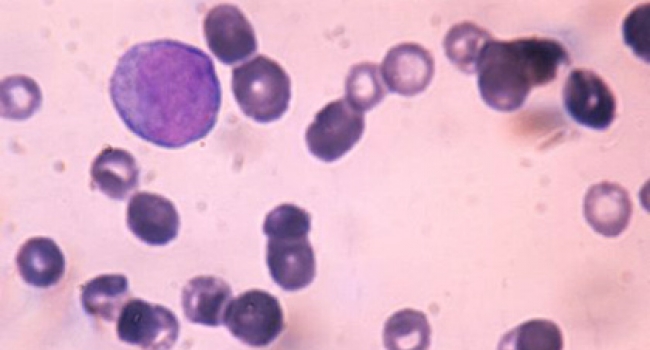Potential breakthrough in blood cancer treatment
 22:39 27 April, 2016
22:39 27 April, 2016A New Zealand scientist is part of a global team that has helped develop a potential breakthrough treatment for an often fatal form of blood cancer.
Only one in five people live more than five years after being diagnosed with Acute Myeloid Leukaemia (AML), and despite intensive chemotherapy, it is often fatal much earlier than that.
Auckland University's Stefan Bohlander joined a team of 29 other scientists in developing a new nanoparticle treatment to deliver a genetic molecule to fight the disease that has shown potential in early testing.
"We are a long way from any clinical application of this research at the moment," Professor Bohlander said.
"By encapsulating a drug or therapeutic agent such as miR-22 in nanoparticles, we can ensure they are targeted to the tumour cells we are looking to kill and the drug does not get.
"This is quite a different strategy from using highly toxic chemotherapy."
Around 100 people are diagnosed with AML in New Zealand each year but no new drugs have been developed for the disease in the last 30 to 40 years.
Scientists across the world took part in the study, led by the United States, which was published in Nature Communications today.